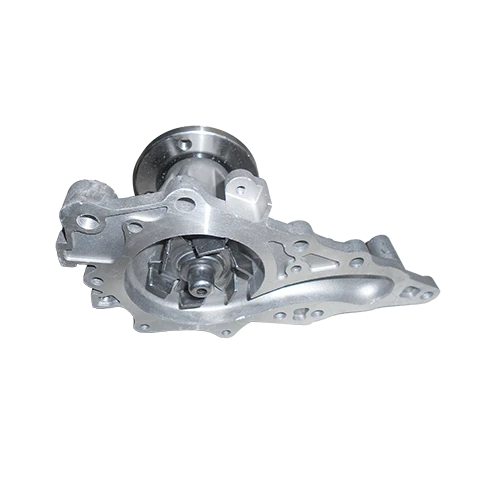Mobile:+86-311-808-126-83
Email:info@ydcastings.com
English
cast iron waste pipe connector
The Role of Cast Iron Waste Pipe Connectors in Modern Plumbing
Cast iron has long been a staple in plumbing systems, particularly in the construction of waste pipe connectors. These robust and durable connectors serve a crucial purpose in managing wastewater efficiently, ensuring that plumbing systems function effectively and safely.
Durability and Strength
One of the primary reasons why cast iron waste pipe connectors are favored in plumbing is their exceptional durability. Cast iron can withstand high levels of stress and pressure, making it ideal for thick waste materials and heavy usage. Unlike plastic connectors, which can become brittle over time, cast iron maintains its integrity for decades, even under harsh conditions. This makes it a preferred choice for both residential and industrial applications.
Sound Insulation
Another significant benefit of using cast iron waste pipe connectors is their sound-dampening properties. Plumbing systems can be noisy, especially when wastewater is rapidly flowing through pipes. Cast iron reduces the noise levels associated with water drainage, providing a quieter environment in homes and commercial spaces. This is particularly important in multi-family dwellings or facilities where a peaceful environment is essential.
Resistance to Corrosion
cast iron waste pipe connector

Cast iron connectors are also known for their resistance to corrosion. When handling wastewater, pipes and connectors are exposed to various chemicals and elements that can cause deterioration. Cast iron's resistance to rust and corrosion enhances its longevity, making it a reliable option for waste management. This resilience leads to lower maintenance costs over time, as the need for replacements and repairs is significantly reduced.
Ease of Installation
Despite its weight, installing cast iron waste pipe connectors can be straightforward for trained professionals. They are typically installed using a hub-and-spigot joint, making it easier to create secure connections between pipes without the need for additional adhesives or seals. This method not only simplifies the installation process but also ensures a strong, leak-resistant joint that can withstand the rigors of daily use.
Environmental Considerations
With the increasing focus on sustainability, cast iron has an advantage over other materials. It is a recyclable material, which means that at the end of its long service life, it can be repurposed for other uses, reducing environmental impact. Moreover, the longevity of cast iron components contributes to less waste generation, aligning with eco-friendly plumbing practices.
Conclusion
In summary, cast iron waste pipe connectors play a vital role in modern plumbing systems. Their durability, sound insulation properties, resistance to corrosion, ease of installation, and environmental benefits make them a smart choice for both new constructions and retrofitting projects. As the plumbing industry continues to evolve, cast iron remains a trusted material that meets the demands of today’s waste management systems, ensuring functionality, efficiency, and longevity.











